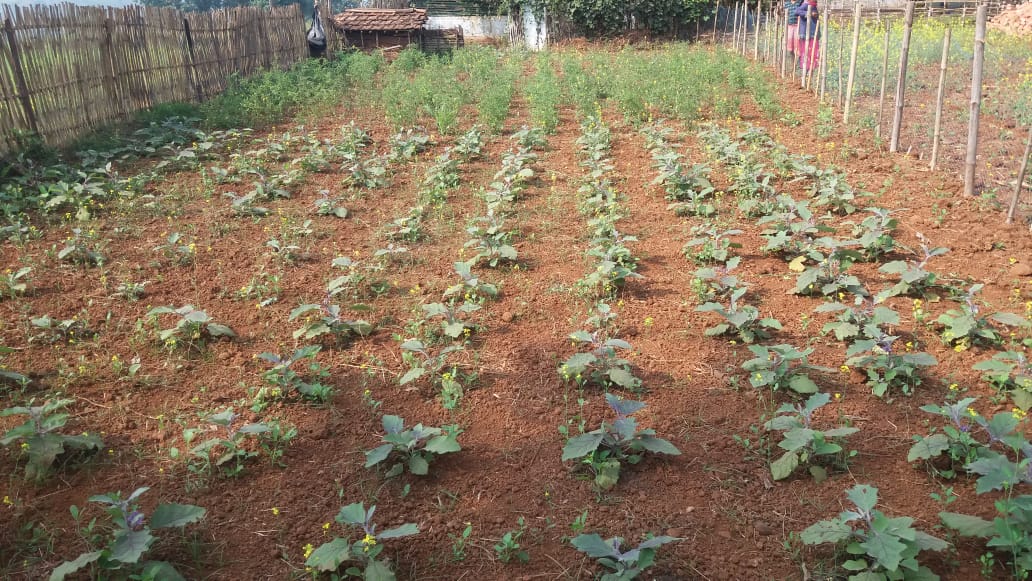
 _ BDO(Littipara) visiting Didi Bari.jpg)
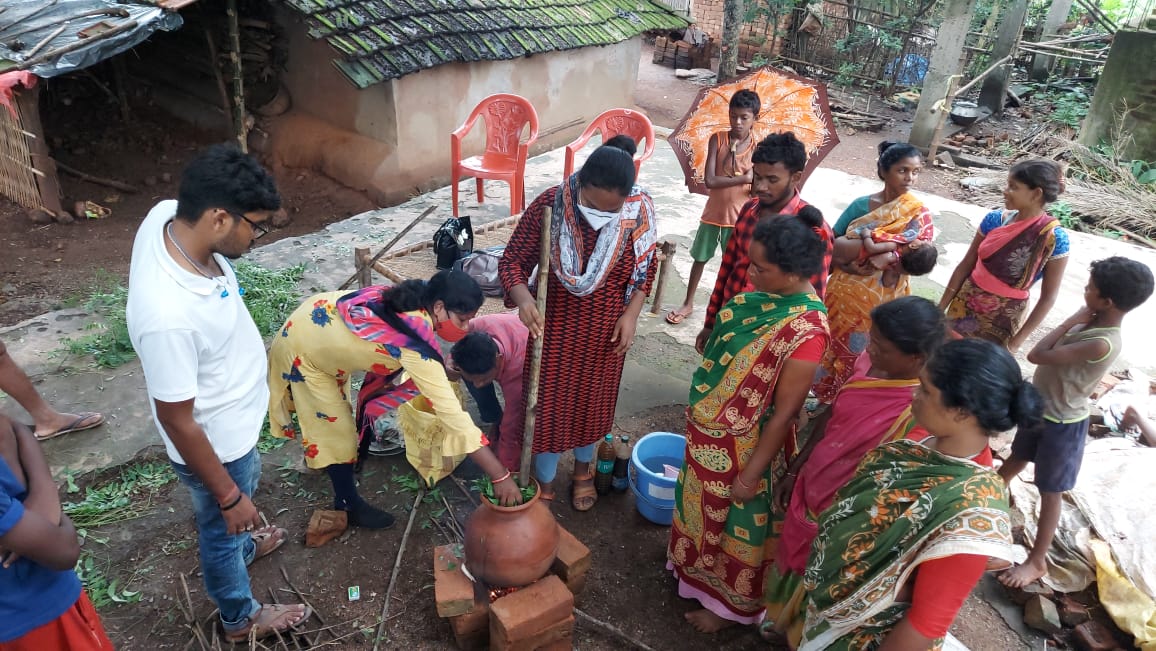
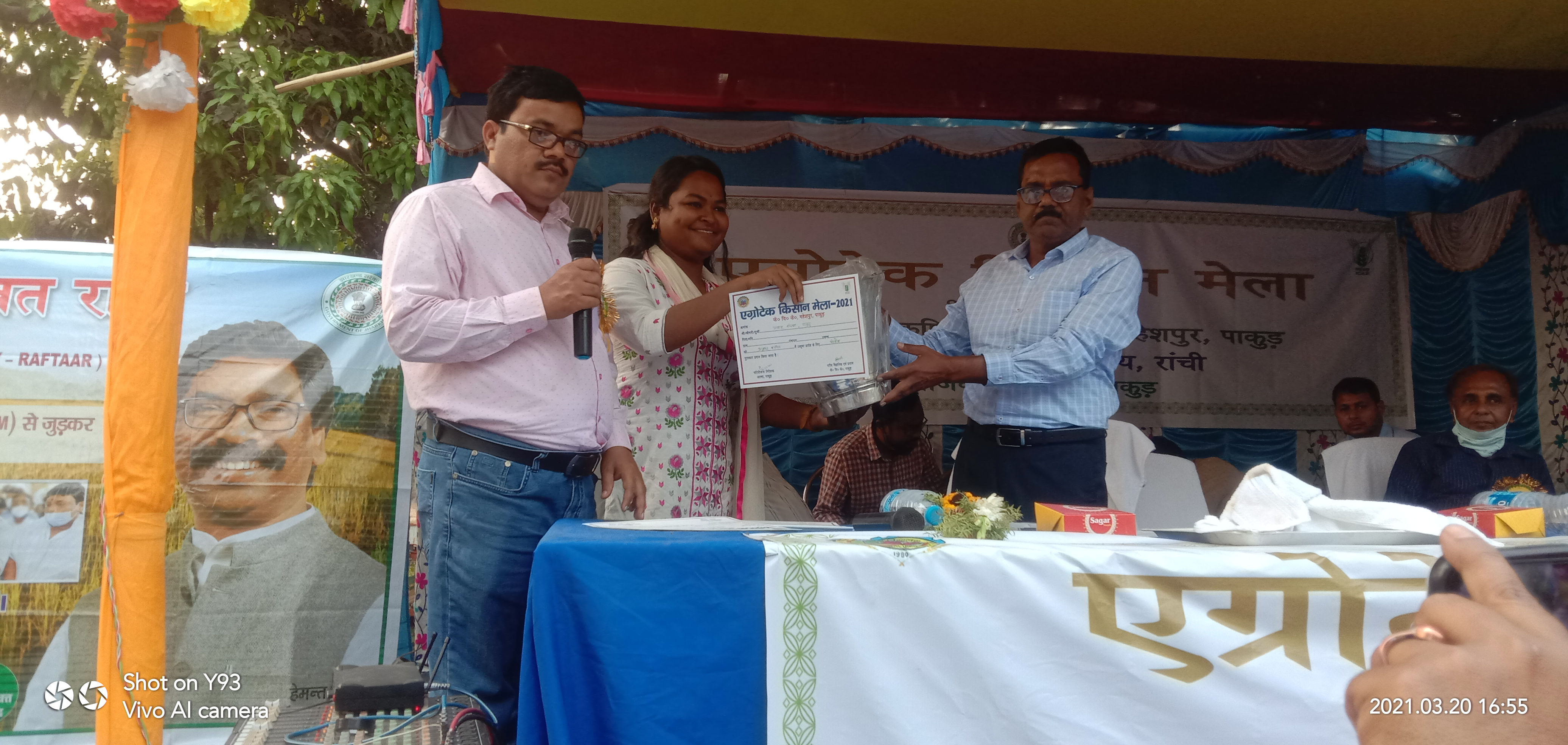
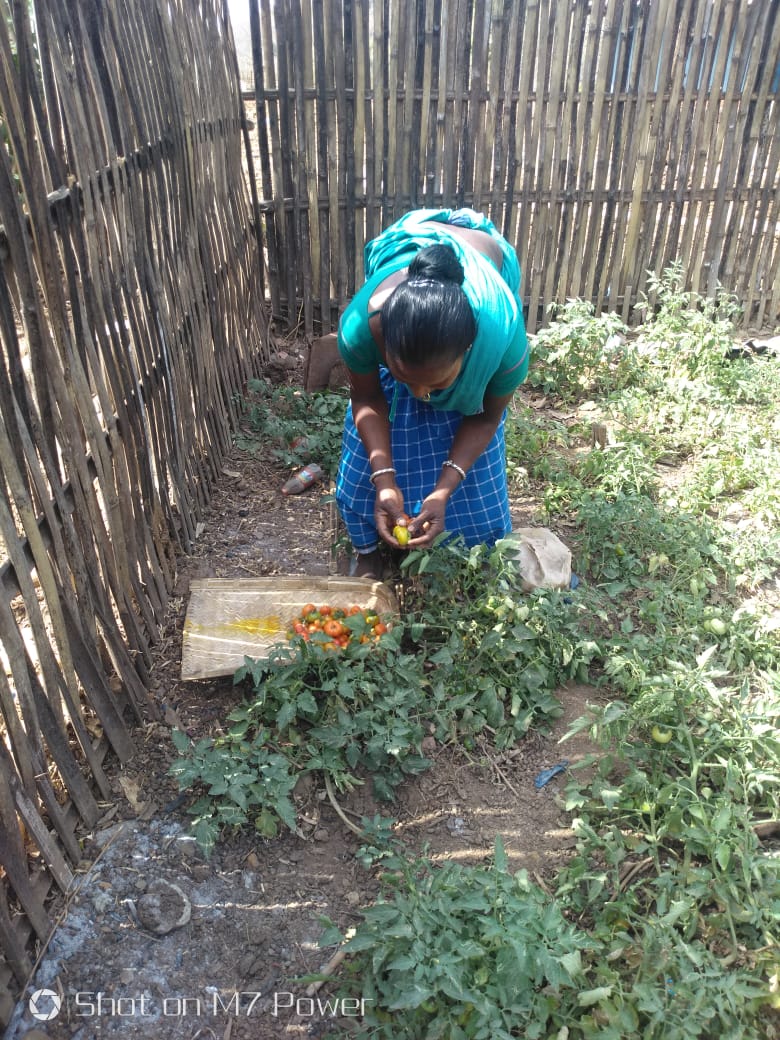
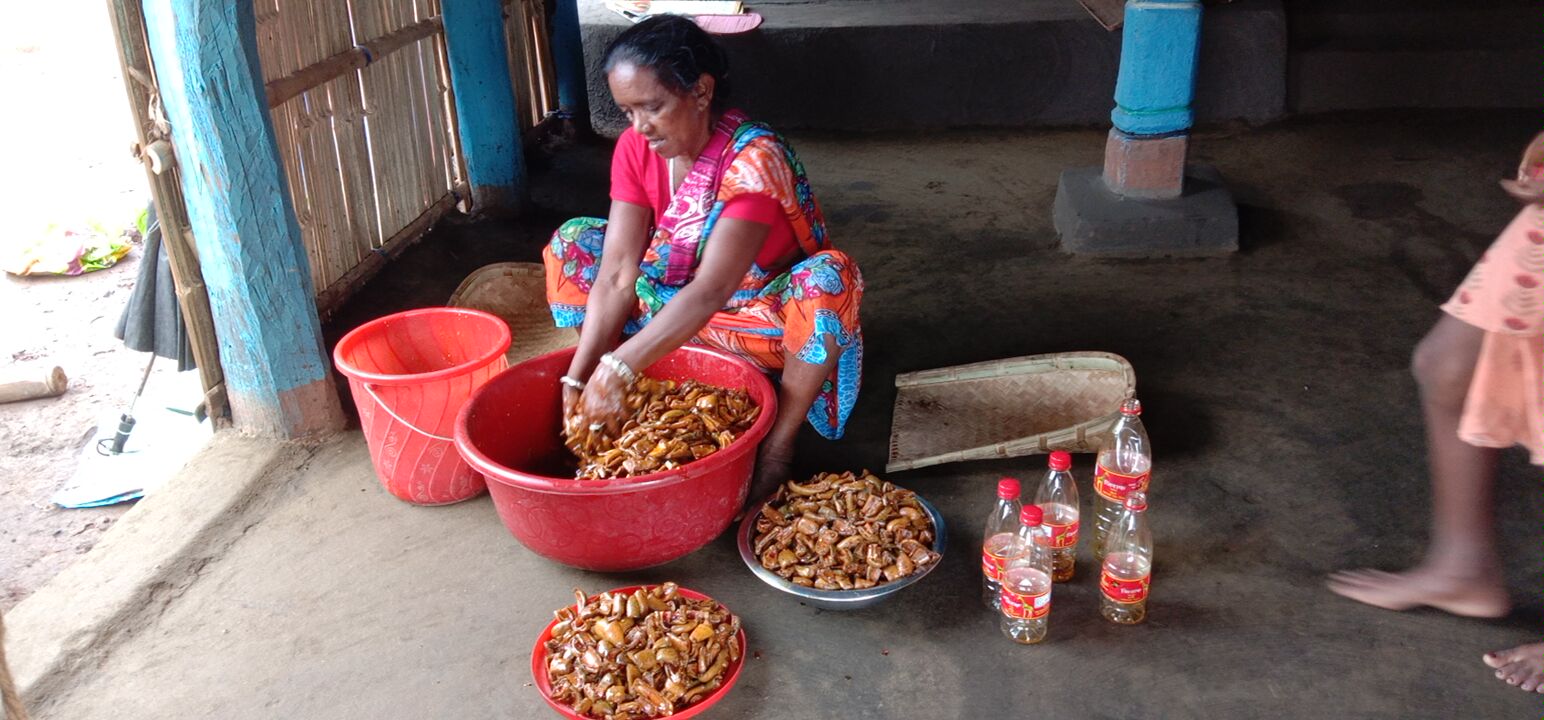
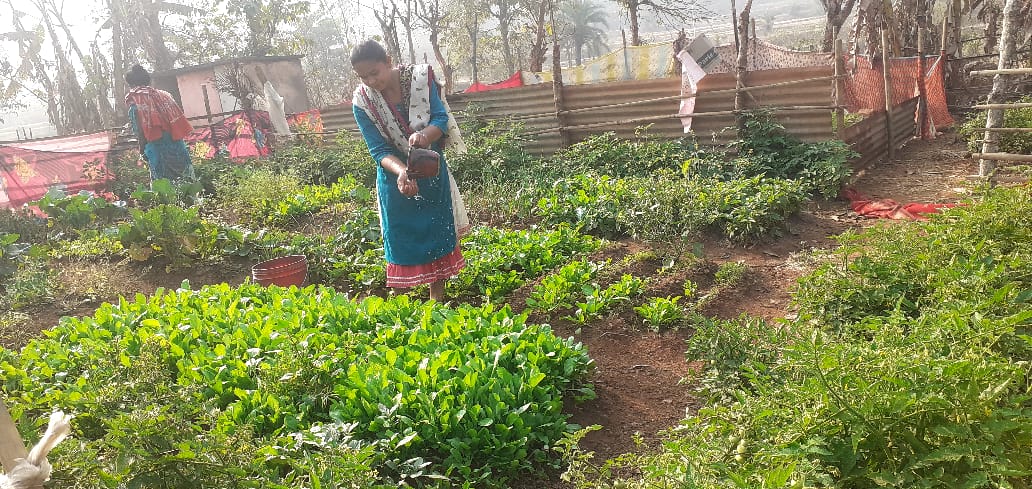

Particularly vulnerable tribal groups (PVTGs) refers to the most vulnerable sections of tribal population which remain scattered and isolated in their remote habitats. These groups are devoid of the basic necessities of life and are often distanced from the mainstream of socio-economic development. Jharkhand is home to 2.52 lakhs PVTGs population. Eight different categories of the groups in the state are the Asur, Birhor, Korwa, Birjiya, Sauriya, Paharia, Mal Pahariya, Parahiya and Savar. The graduation interventions with PVTGs by Prabha and Trickle-UP give impetus to cluster-wise livelihood planning for a comprehensive socio -economic development while preserving the culture and heritage of the community. Hamlets which are homogeneous in terms of livelihood patterns are grouped in a single cluster Inorder to ensure an active participation for sustainable development of PVTGs.
The block is home to 6000 of PVTGs population. The globally recognized Graduation Approach has been used here in eradication of ultra poverty. It involves an innovative and holistic solution towards a well -defined, time bound intervention for the upliftment of ultra poor households from acute poverty. Mal Paharia and Shaurya Paharia tribes are the major PVTG groups in the block.
Impacts
3100 beneficiaries from 12 panchayats of Littipara block.
Financial inclusion through SHG formation,and their subsequent bank linkages through easy loan and credit facilities. New bank accounts of 44 SGHs were formed. 38 SGHs were conferred with credit linkages.
Around 200 ultra poor households reaped benefits through linkages with government schemes like Pahariya pension yojna, Dakiya Yojna and Awas yojna.
400 nutrition garden seed kits have been distributed in collaboration with JSLPS. 120 rectangular bed model nutrition gardens created.
5 villages in as many panchayats now boast of community nursery.
Around 400 ultra poor farmers have been introduced to SRI techniques of paddy cultivation, line sowing of crops like bajra, pigeon pea, maize, tomato and brinjal in 25 villages.
Implementation of Didiwadi has been done in 5 villages. Approximately 2300 Didiwadis are expected to be fully operational by 31st March 2021.
Prabha, through its extensive training on value addition of NTFPs has been able to facilitate the emergence of new age women entrepreneurs in the category of mango pickle, Bari, dried mango powder and leaf plates. Besides, our sensitization on livestock management, SHG management and nutrition garden has empowered thousands of vulnerable tribals to break free from poverty.
Maheshpur block in Pakur district is witnessing a major thrust towards entrepreneurship through digital revolution. Prabha, with an aid from Tata Communications, has distributed smartphones to the ultra poor families of the area. The exercise of selection, training and handholding of Smart Sakhis has resulted in digital empowerment of 400 ultra poor families. These families are now well versed in the usage of POP app for vegetable and paddy cultivation as well as backyard poultry and livestock rearing.
The project's operational area involves 25 villages spread across 5 panchayats in Maheshpur block. The most striking feature of the initiative is that 90% of 400 beneficiaries belong to the tribal community.
Impacts
Distribution of 263 smartphones and selection of 20 Smart Sakhis have added a fresh lease of life to the community's march towards self -reliance through digital aid.
Establishment of nutrition gardens in all of 25 villages in the project area has been a move towards sustainable income, health and nutritional security.
84 SHGs have been created and subsequently undergone bank linkages through accounts in State Bank of India. 4 Poshan Vatikas have been set up by these groups through the MGNREGA scheme of Didi Wadi yojna.
Training exercise of 20 Smart Sakhis on POP app and household planning has resulted in generation of awareness level about smartphone and internet usage among all 400 project participants. These Smart Sakhis are ambassadors of change through imparting digital literacy in their respective communities.